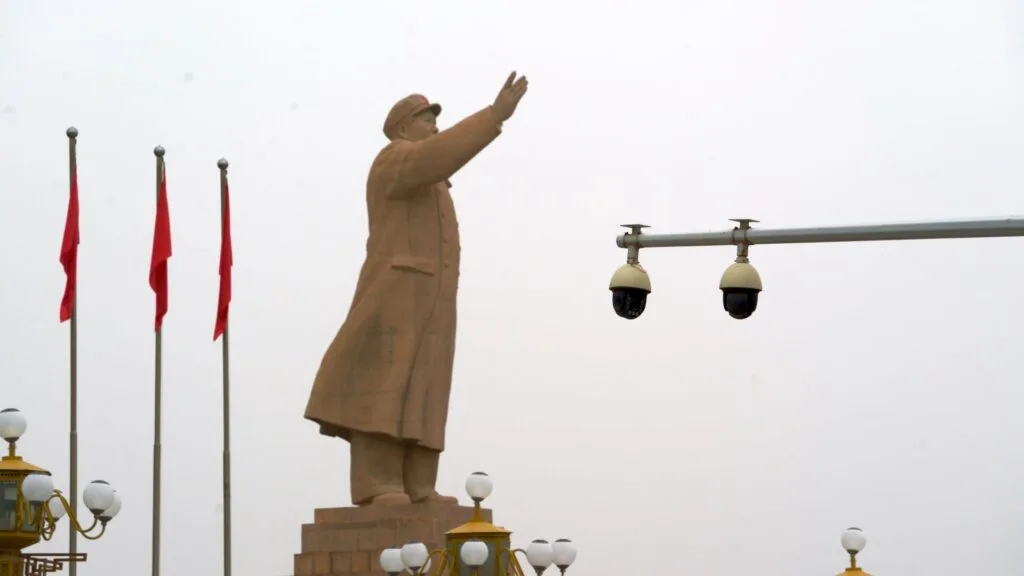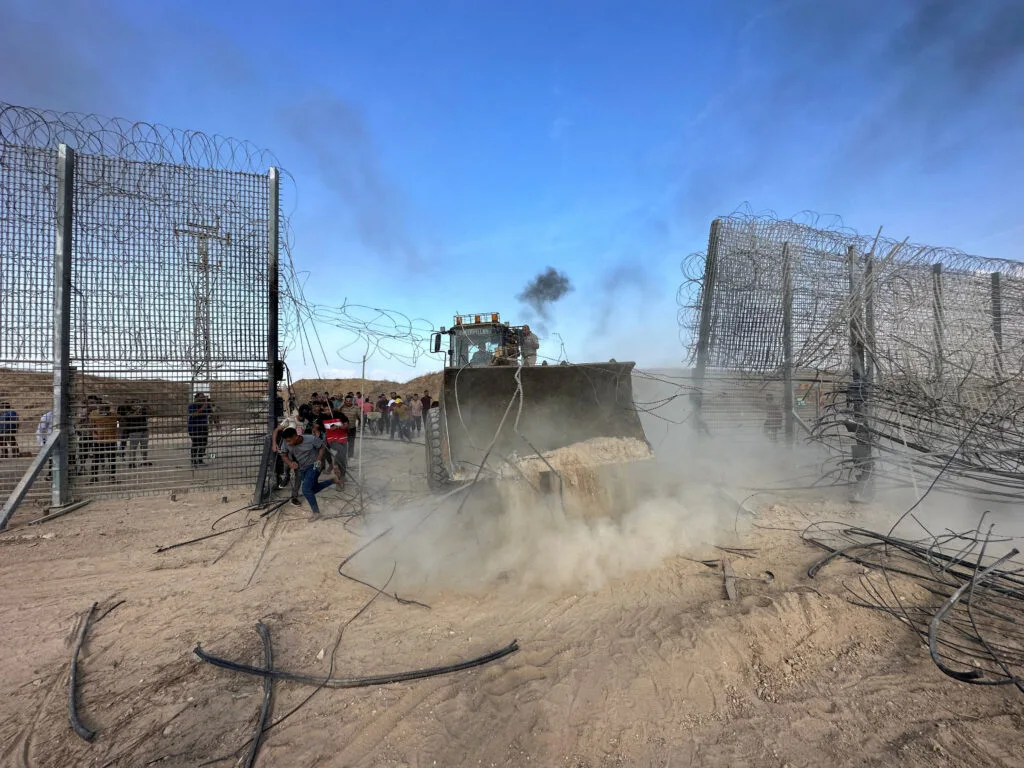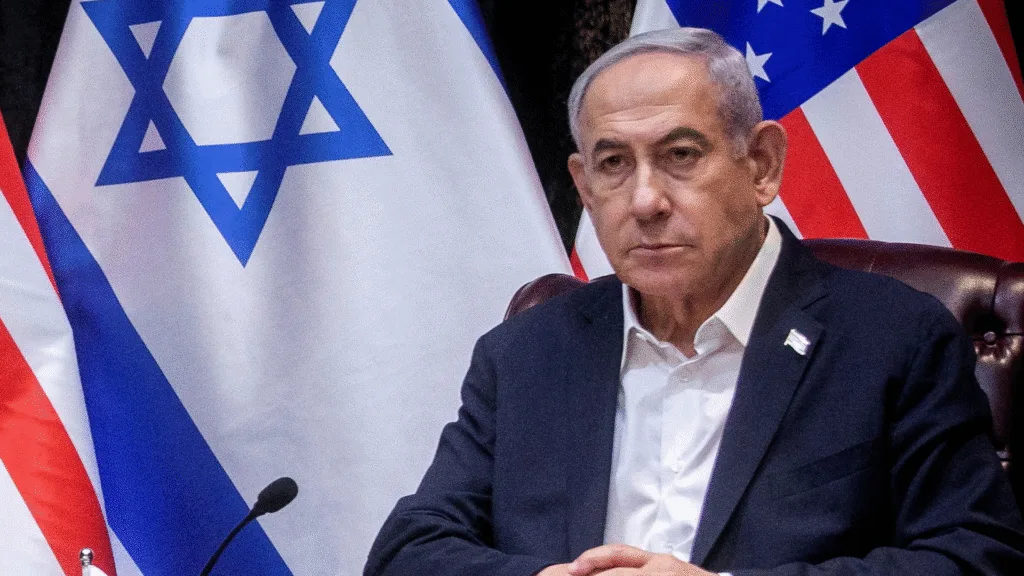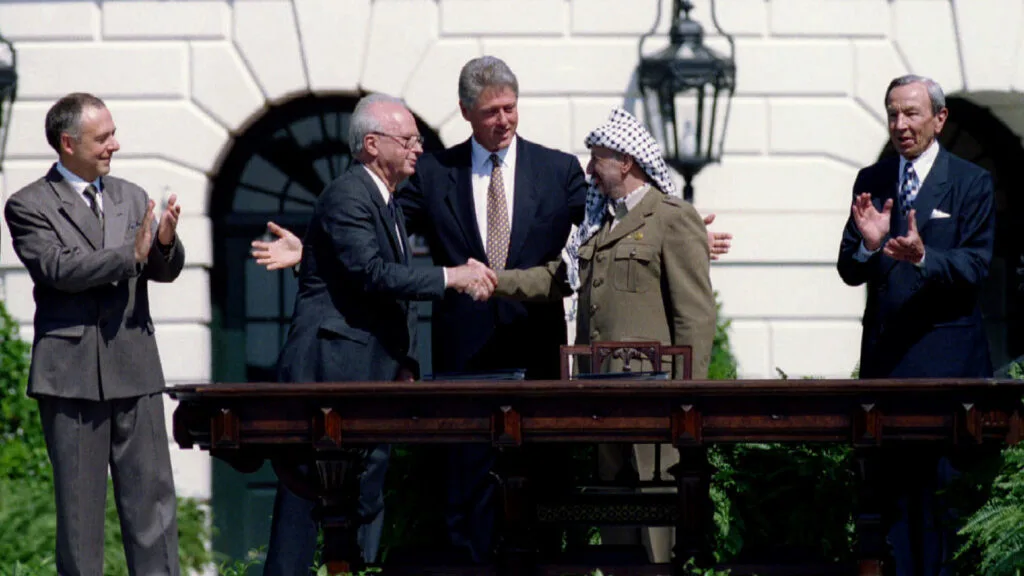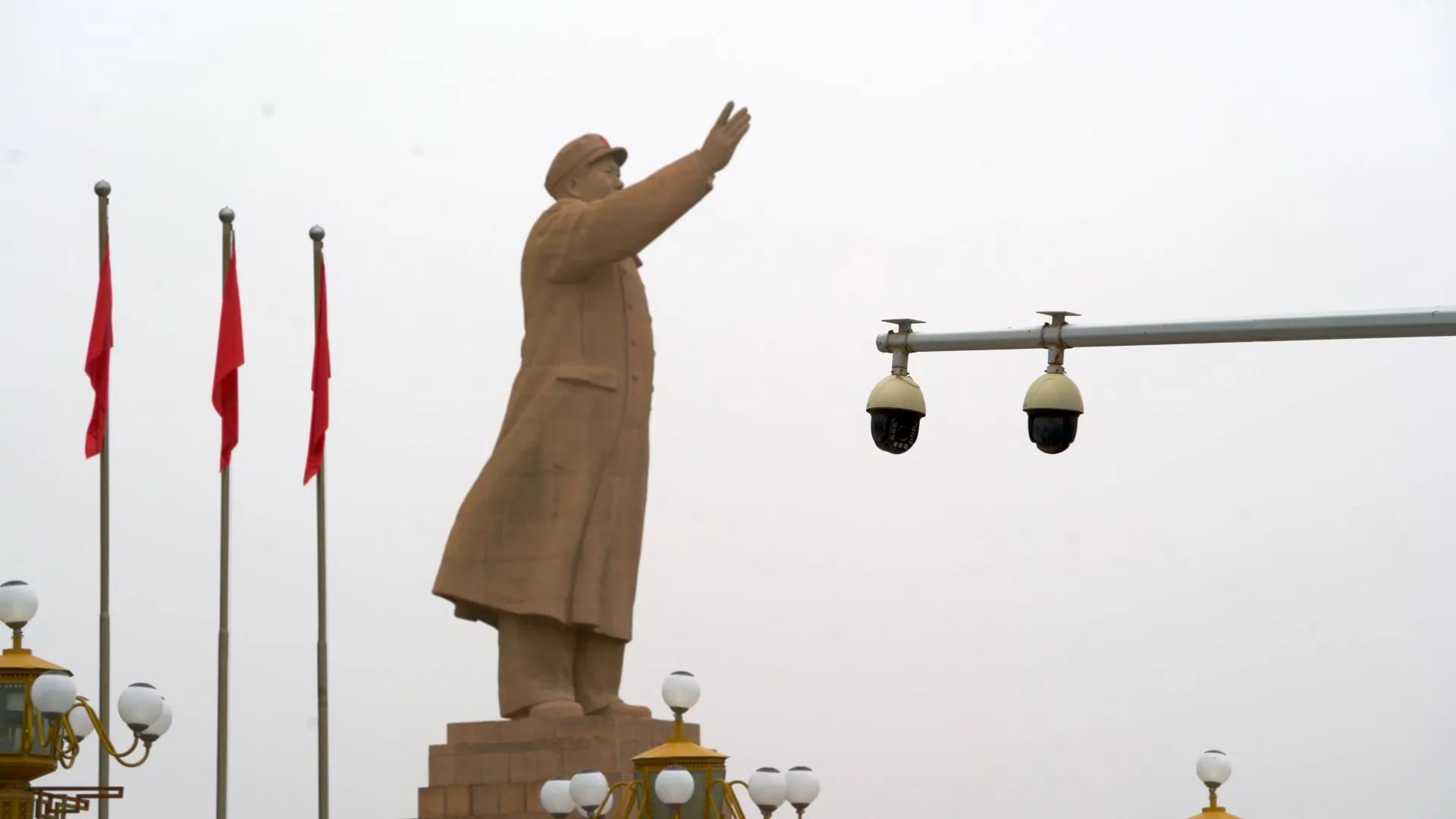U.S. Enacts New Law Condemning China’s Treatment of Uyghur and Other Muslims
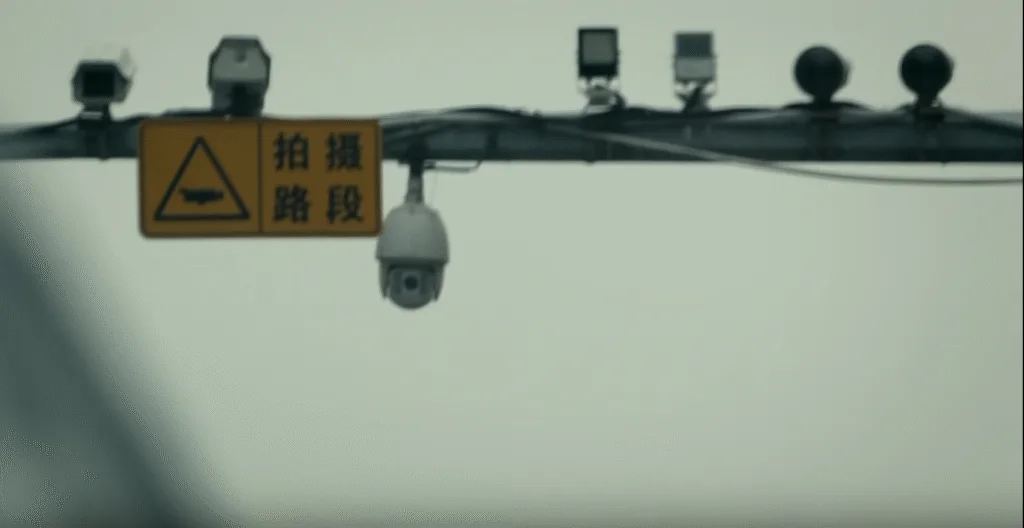
June 18, 2020
Share
President Donald Trump signed into law the Uyghur Human Rights Policy Act on June 17, a measure aimed at addressing “gross violations of human rights” in the Chinese government’s treatment of Uyghur and other Muslims.
Passed with strong bipartisan support in both the House and Senate, the legislation details a process for the president to impose sanctions on people deemed responsible for abuses of Uyghur and other Muslims in China’s tightly-controlled Xinjiang region, mandates congressional reports from multiple U.S. government entities on alleged violations of human rights in Xinjiang, and says that official U.S. policy towards China “should be explicitly linked” to the status of the situation there.
The measure’s passage was hailed by the advocacy group the Uyghur Human Rights Project as a “historic first.” Trump signed it into law on the same day The Wall Street Journal published an essay in which his former national security adviser, John Bolton, claimed that the president had expressed approval of China’s construction of detention camps for Uyghur Muslims to Chinese President Xi Jinping.
Trump denied that characterization to the Journal, saying it was not true, describing Bolton as “a liar,” and pointing to his signing of the new law.
As FRONTLINE has reported, the Chinese government’s detention of an estimated two million Uyghur and other Muslims without trial over the past three years has been described as the largest mass incarceration of an ethnic group since the Holocaust. In the February documentary China Undercover, Muslims who were held in China’s detention camps spoke out about their experiences.
Gulzira, a Kazakh Muslim, recalled being surrounded by bars and mesh wire, cameras everywhere, and brutal treatment. Twice, Gulzira said, she was made to sit on a hard chair for 24 hours. She went to the bathroom where she sat. And “if you exceeded two minutes in the toilet, they hit our heads with an electric prod,” she said.
The documentary also investigated the Chinese government’s testing and deployment of sophisticated surveillance and artificial intelligence technology on Uyghurs and the general Muslim population in Xinjiang.
“Uyghurs are not considered human by the Chinese government,” an engineer who worked on surveillance technology being developed in Xinjiang told FRONTLINE in China Undercover. “They are like mice being experimented on for research purposes.”
Undercover footage in the documentary showed how extensive China’s surveillance of Muslims had become — revealing houses marked with digital barcodes, cameras on almost every street, and tech companies that are working with the government on facial recognition technology that identifies behavior the government considers threatening.
Under the new law, the U.S. director of national intelligence is required to report on the development of such surveillance efforts, “including technology related to predictive policing and large-scale data collection and analysis,” and its risks for the United States.
For an in-depth investigation of the Chinese government’s detention and surveillance of Uyghur and other Muslims in Xinjiang, watch China Undercover in full:
China said it has released everyone being detained in what it called its “vocational education and training centers,” and that “the security situation in Xinjiang has been greatly improved,” with “more effective protection of the freedom of religious belief and human rights of Uyghur Muslims.”
But Chinese technology companies have been exporting their surveillance technology to other countries across the world, and family members of people held in China’s detention camps said they were still waiting to be reunited with their loved ones.
“Of course, we miss her,” Sadyrzhan, an Uyghur Muslim in Kazakhstan whose wife disappeared after visiting her parents in Xinjiang, said in the documentary. “Our hearts are burning.”
China’s government on June 18 condemned the signing of the new U.S. law, with a foreign ministry spokesperson saying it “seeks to stigmatize Xinjiang’s measures against terrorism, separatism and radicalization.” The spokesperson said that “Xinjiang affairs are purely China’s internal affairs that allow no foreign interference,” and that the government’s efforts in Xinjiang had successfully combated the threat of violent extremism.

Related Documentaries
Latest Documentaries
Related Stories
Related Stories
Explore
Policies
Teacher Center
Funding for FRONTLINE is provided through the support of PBS viewers and by the Corporation for Public Broadcasting, with major support from Ford Foundation. Additional funding is provided the Abrams Foundation, Park Foundation, John D. and Catherine T. MacArthur Foundation, Heising-Simons Foundation, and the FRONTLINE Trust, with major support from Jon and Jo Ann Hagler on behalf of the Jon L. Hagler Foundation, and additional support from Koo and Patricia Yuen. FRONTLINE is a registered trademark of WGBH Educational Foundation. Web Site Copyright ©1995-2025 WGBH Educational Foundation. PBS is a 501(c)(3) not-for-profit organization.
